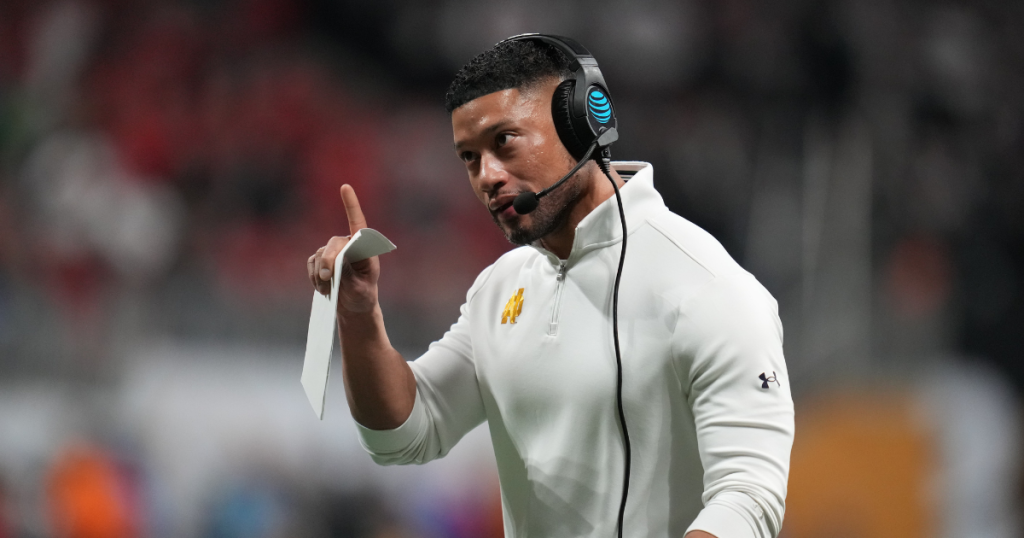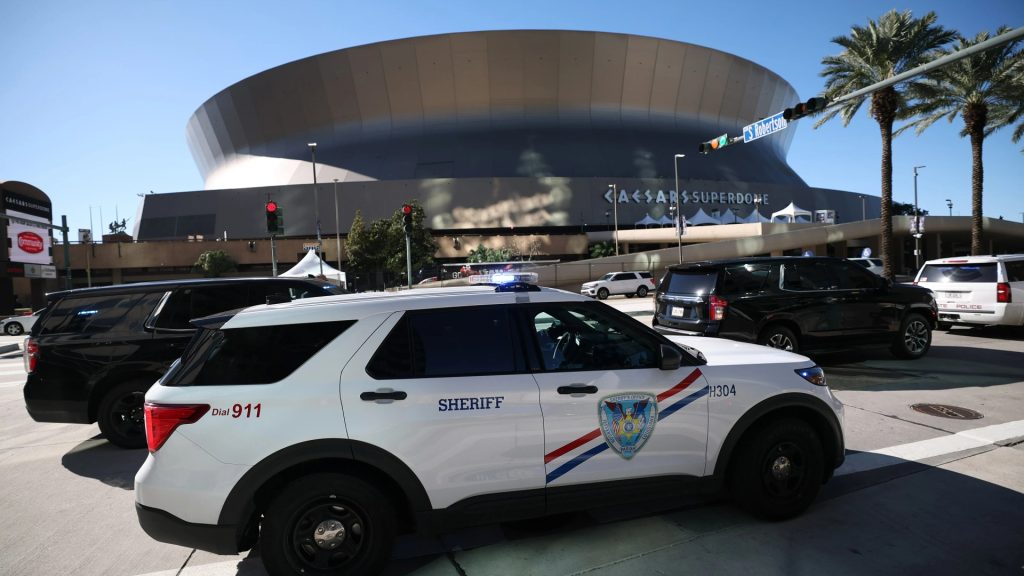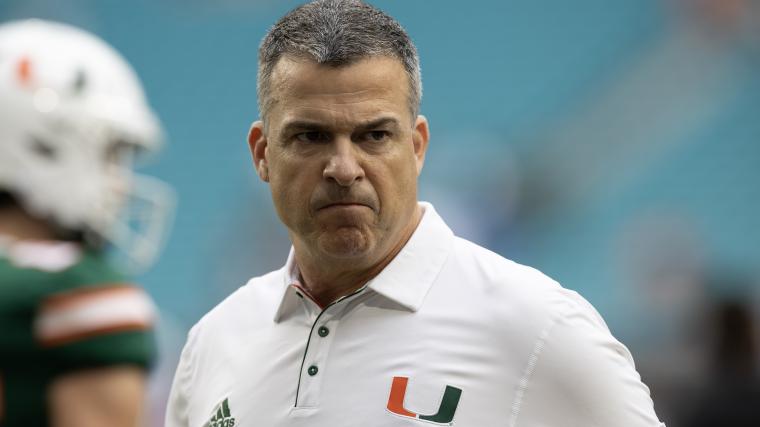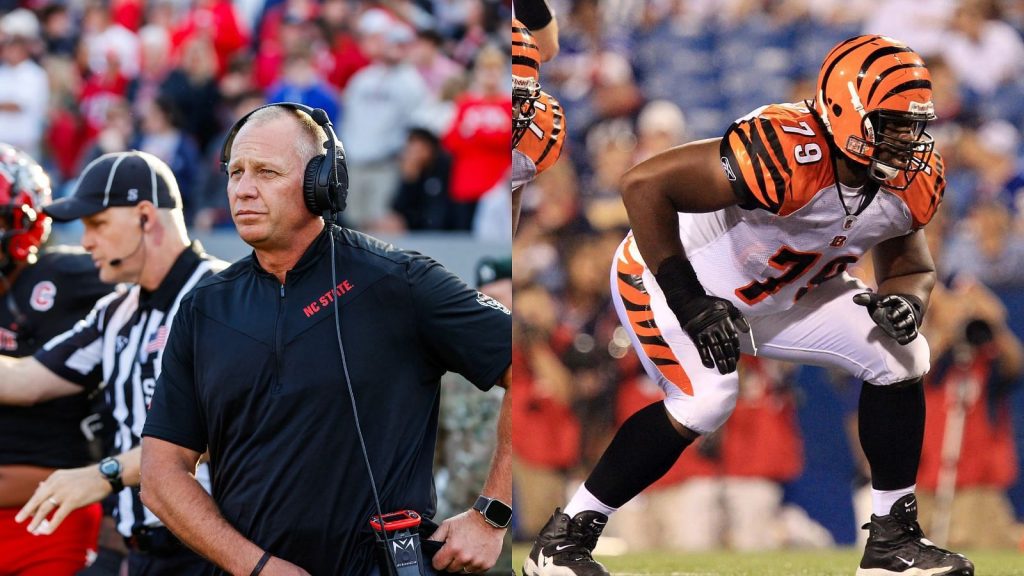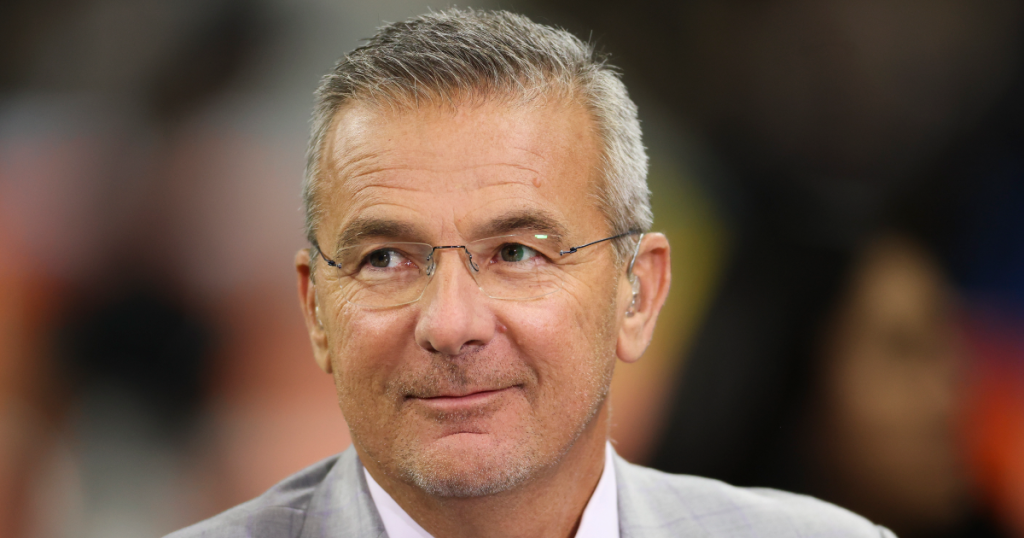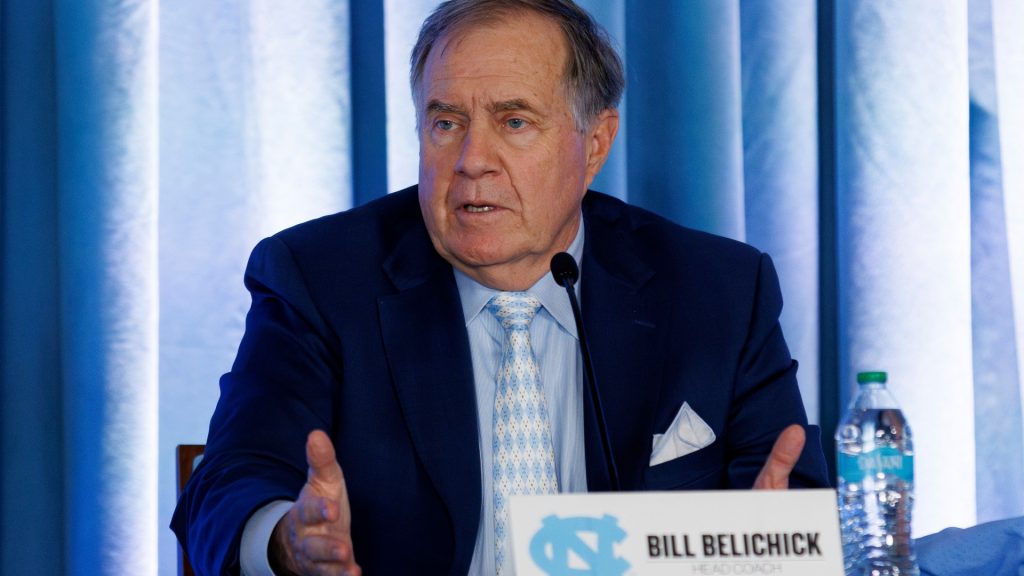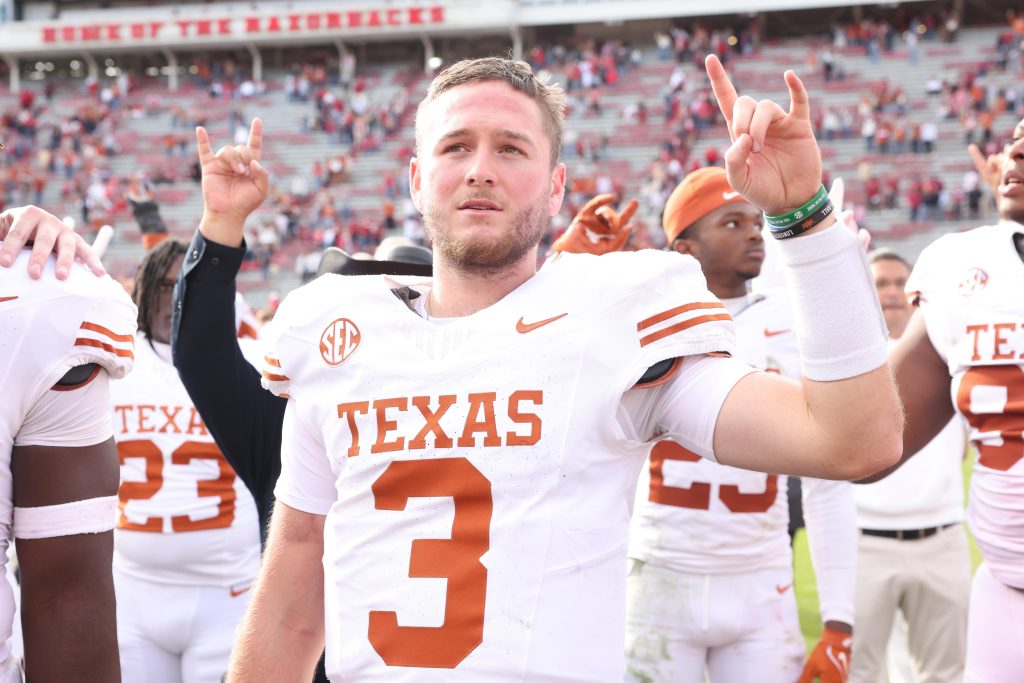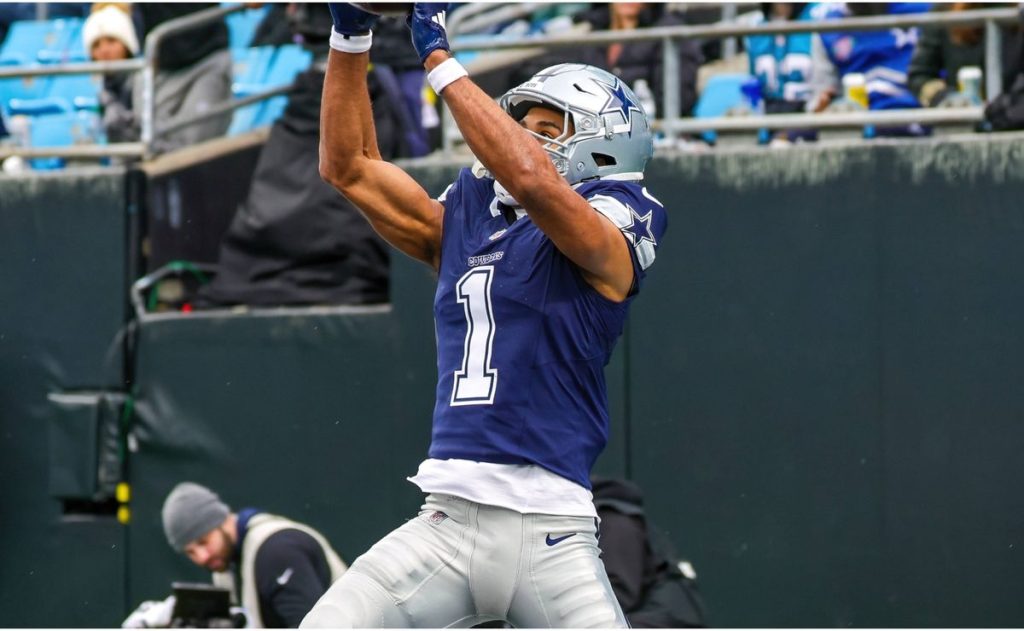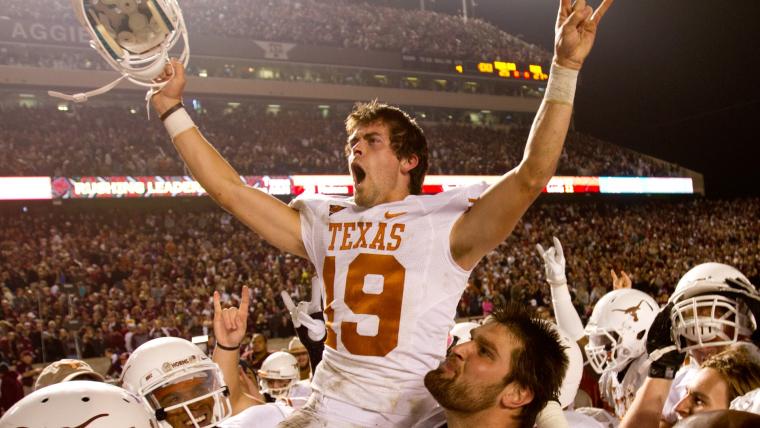Notre Dame head coach Marcus Freeman faced scrutiny for his decision to kick a field goal while trailing by 16 points with less than 10 minutes remaining in Monday’s national championship game against Ohio State. This pivotal moment has sparked a lively debate among analysts and fans alike, raising questions about strategy and decision-making in high-stakes situations.
Desmond Howard defends Freeman’s decision
In the aftermath of the game, ESPN college football analyst Desmond Howard came to Freeman’s defense on the show Get Up. He argued that the decision to kick a field goal was not only reasonable but also strategic. “In real time, I thought that he made the right decision, because you want to get points,” Howard stated. He emphasized the importance of finishing drives with points, especially against a formidable opponent like Ohio State, known for their strong defensive lineup.
Howard continued, “It just seemed like they didn’t have the rhythm to go for it on fourth down to have the confidence to get into the end zone.” This perspective sheds light on the pressure coaches face during critical moments of a game, where every decision can alter the outcome.
The missed field goal and its implications
Despite Howard’s support, the decision did not yield the desired results for Freeman and the Fighting Irish. Kicker Mitch Jeter missed what many considered a chip shot field goal, leaving Notre Dame still trailing by 16 points. The missed opportunity was a hard pill to swallow for fans and players alike, but Howard maintained that the choice was still a sound one. A successful field goal would have cut Ohio State’s lead to 13 points with about 9:30 left on the clock, keeping Notre Dame in striking distance and potentially shifting the game’s momentum.
Understanding the feel of the game
“It’s a feel game,” Howard remarked, underscoring the subjective nature of coaching decisions. He explained that sometimes, it’s not just about statistics but also about the flow of the game. “What do you feel at that time? How’s the flow of the game?” Howard asked rhetorically. In that moment, he believed that taking the points was the right call, allowing Notre Dame to regroup and focus on playing great defense.
Dan Orlovsky disagrees with the strategy
On the other side of the debate, fellow analyst Dan Orlovsky expressed a different viewpoint. He argued that Notre Dame should have gone for the touchdown instead of settling for a field goal. “You’ve gotta go for it here. You’re only going to get so many possessions down two scores,” Orlovsky said on Get Up. His argument was clear: with limited time left, the urgency of the situation called for a more aggressive approach.
Orlovsky acknowledged the challenges of converting on a fourth-and-nine, recognizing that the odds are not in your favor. “It’s easy to say when it’s fourth-and-goal from the 3, fourth-and-goal from the 5. Fourth-and-goal from the 9 is, ‘Hey, good luck,’” he noted. Still, he emphasized that the points on the board must matter, especially when time is running out and possessions are limited.
The bigger picture of coaching decisions
This debate highlights a broader theme in college football: the fine line between conservative and aggressive play-calling. Coaches often find themselves in situations where the right choice isn’t always clear, and the stakes couldn’t be higher. Fans and analysts alike can easily second-guess decisions from the comfort of their couches, but the pressure on coaches in real-time is immense.
As the national championship game unfolded, every decision made by Freeman was scrutinized, and the missed field goal only intensified the analysis. With so much on the line, it’s crucial for coaches to weigh their options carefully. Should they play it safe, or take risks to chase victory? This dilemma is what makes college football so thrilling and unpredictable.
The importance of momentum in college football
Momentum is a critical factor in college football, and the decision to kick the field goal could have shifted the tide for Notre Dame. By cutting the lead to 13 points, the Fighting Irish would have had a fighting chance to rally back. The psychological impact of scoring, even if it’s just a field goal, can be significant for both the team and its supporters.
As the debate continues, one thing is clear: coaching decisions in college football are rarely black and white. They are influenced by a myriad of factors, including game flow, player confidence, and the ever-present pressure of the moment. Whether Freeman’s choice was right or wrong may ultimately be determined by how the team responds in future games.
As we reflect on this national championship clash, it serves as a reminder of the complexities and excitement of college football. Every game is filled with moments that can define a season, and every decision can lead to triumph or heartbreak. The passion for the game is what keeps fans engaged, and it’s this passion that fuels the ongoing discussions about strategy and execution in college football.

